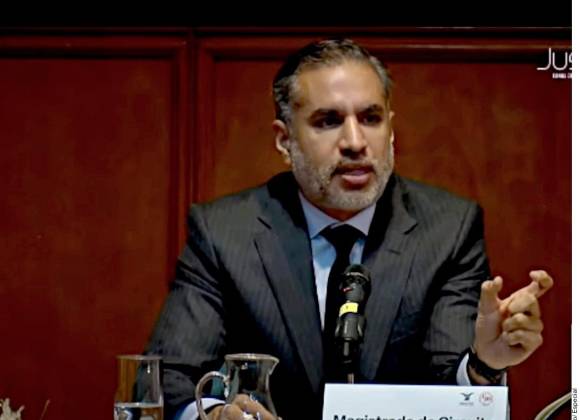Two federal judges who were prominent for their rulings against 4T submitted their resignations, not deeming it appropriate to continue their careers under Federal regulations. judicial reform.
Judge Juan Pablo Gómez Fierro and Judge Rodrigo de la Peza they resigned.
YOU MAY BE INTERESTED: 'There is a party', but the García Luna case is 'a double whammy for the workers': Loret de Mola
Both of them were Special Telecommunications and Economic Competition judges in the first years of the last six-year term, when they highlighted the unconstitutionality of several reforms carried out by the government, among them the reform of the electricity industry, hydrocarbons to eliminate asymmetric measures against Pemexand it National Register of Cell Phone Users (PANUT).
The general impact suspension granted by the two judges to stop this reform even led Morena to prohibit the issuance of such measures, first with the reform of the Amparo Law, and now in the Constitution, as part of the judicial reform.
In his resignation letter, after 22 years of career, Gomez Fierro explained that he considered the reform, which makes all judicial positions in the country subject to elections, “contrary to Republican values and democratic values. division of power”.
